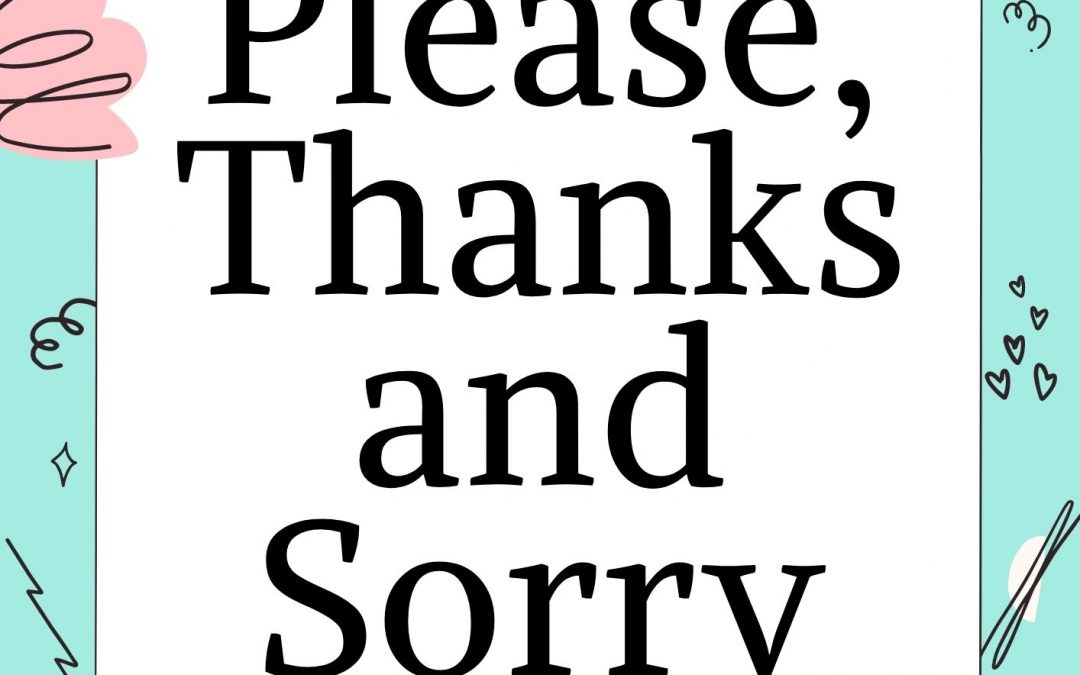Please, Thanks and sorry are very important in ours lives. The words above are all seasoned veterans of those “most powerful word in the English language” memes that often appear on LinkedIn. This might be a slight exaggeration (the words “paid with thanks” have strong arguments, too), but they’re certainly useful tools, never more so than over the past twelve months, and if you’re not using them fairly regularly in your business correspondence in English, you probably should be.
Please Help
A lot of the mail we send is basically aimed at persuading people to do things for us. “Please send…” is fine for routine stuff, but when the request is delicate, you need to know how to lay on the charm. This is where all those conditional phrases with would that you studied at school are useful. My favourite is “We would really appreciate it if you could…”, with “We would be very grateful if you would…” as a more formal alternative, but it’s often good to be more specific. “It would be great to have your input” or “…to have you on the team” serve nicely in many cases and save you from overusing the classics. You can then throw in more conditionals to show the benefits of agreeing to your request: “This would allow us to process your orders faster (etc.)”.
Thanks for your Time
If you’re wondering if it’s worth writing a message of thanks, try to remember the last time that receiving one offended you. Thank-you mails don’t only build relationships, they’re also great to soften up your correspondent ready for a new request. There must be something you can thank them for, even if it’s just “…all the hard work so far”, before you present them with their next problem. If they’ve been very good, you can recycle the request phrases above: “I really appreciate…” or “We’re very grateful for…”, and if you’re short of time, “Thank you” sounds more sincere than “Thanks”.
Sorry for any Inconvenience
Apologies are tricky, and not just because sorry seems to be the hardest word. After overcoming your natural human reluctance to apologise for anything, you then have to ensure that your apology is accepted by the person who’s giving you grief. Pronouns matter here: “I’m sorry” makes a stronger impact than “We’re sorry” and may even increase the chances of your angry client reading the explanations and assurances that you go on to provide. It also leaves you the option to use the corporate “we” when you repeat your apology more formally at the end of your mail, with something like “We sincerely regret the difficulties that this situation has caused you”.
If all this politeness and positivity is getting on your nerves because you’re expecting to receive apologies, not give them, and you’re definitely not planning to say thanks any time soon, my next blog will be for you. I’ll be looking at how to write a mail of complaint in English, and ways to show your varying levels of exasperation.
You can read more about it in the last blog: https://secondlanguage.net/2021/03/15/how-to-lose-friends-and-upset-people/


